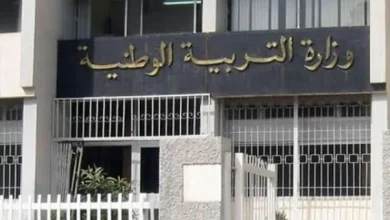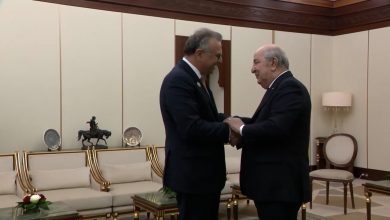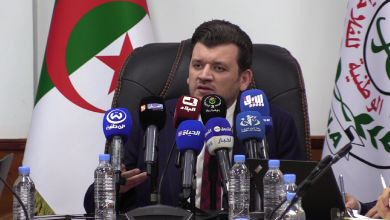New York (United Nations) – On Tuesday, September 9, 2025, Algeria’s Permanent Representative to the United Nations, Ambassador Amar Bendjama, called for the launch of a “comprehensive” consultation process to enhance the effectiveness of UN peacekeeping operations, according to a report by aps.dz.
Speaking during a UN Security Council meeting on peacekeeping operations, Bendjama stated, “We are at a turning point in UN peacekeeping due to evolving security conditions and the challenging times our organization is facing.” He referenced the Pact for the Future, adopted last year, which recommended a comprehensive review of all peace operations, urging the initiation of “a comprehensive consultation process leading to a thorough study that results in more effective peace operations aligned with their objectives.”
Bendjama highlighted several key points, including the issue of mandates, which “must take into account various considerations to meet the required needs.” He suggested that “the starting point could be the resolutions for renewing mandates, which the Council regularly adopts and which often involve minor technical adjustments.” He noted that “these resolutions should reflect the ground realities and ongoing initiatives to improve the effectiveness of peace operations.”
He also addressed the “neutrality of the delegation tasked with drafting resolutions,” emphasizing that “its ability to move beyond the positions of its country on the issue under consideration remains essential.” He added that “drafting resolutions related to a country hosting a peace operation carries a special responsibility to consider the perspectives of all members, contributing to finding a lasting solution to the conflict on the Council’s agenda.”
Secondly, Bendjama expressed his belief in the power of partnerships, stressing that “the literal implementation of Chapter VIII of the UN Charter is particularly crucial in the current context of reform and review.” He called for “greater innovation and moving beyond traditional approaches of past years and decades to activate multidimensional partnerships.”
In this regard, he advocated for “strengthened partnerships, first with the host country to enhance national ownership, and with regional actors such as the African Union, which should not be seen merely as a low-cost military actor but as a strategic partner.” He further noted that “these partnerships should also be established through trilateral mechanisms, enabling member states to share their national expertise with the United Nations and troop-contributing countries.”
Bendjama reaffirmed Algeria’s commitment to “working side by side with the United Nations and troop- and police-contributing countries in capacity-building and expertise-sharing,” as declared during the recent ministerial meeting on peacekeeping in Berlin. He highlighted that Algeria “has trained over 17,000 African personnel from more than 30 countries over recent decades.”
Finally, Bendjama emphasized that effectiveness must be the primary goal, stating that “the current financial difficulties should be seen as an opportunity and a catalyst for reform to improve the performance of peace operations.” He urged a distinction between “efficiency and resource prioritization versus arbitrary budget cuts.”
In conclusion, Algeria’s Permanent Representative to the UN affirmed that “peace operations remain a fundamental tool for maintaining international peace and security.”



